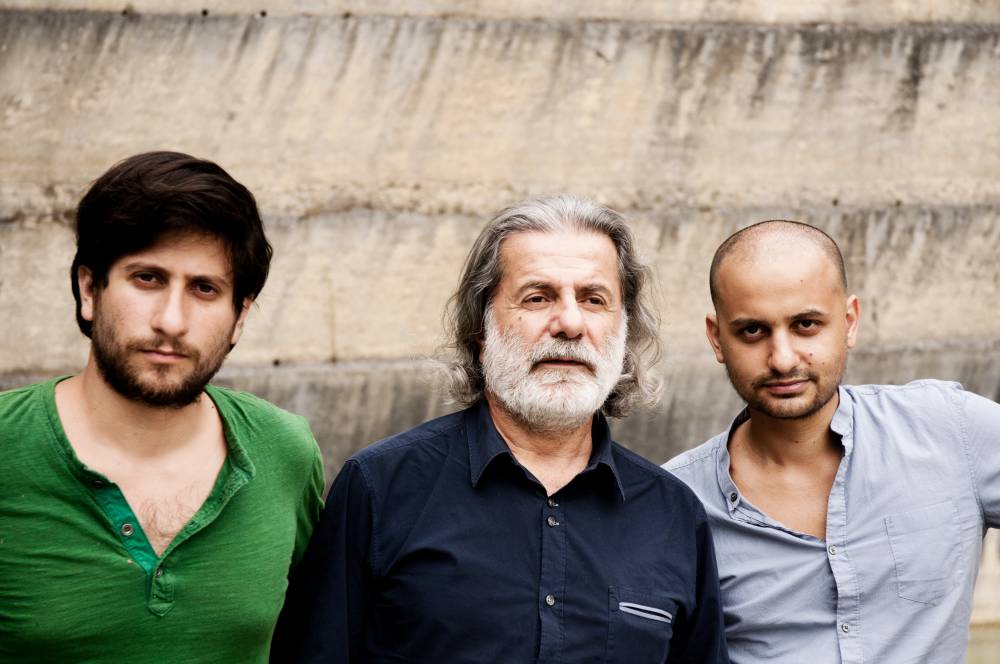Even being tried for blasphemy over a song lyric never shook Marcel Khalifé’s belief in his music. But then this belief had already seen him playing in bombed-out concert halls during the Lebanese Civil War and withstanding his father’s disdain for pursuing a musical career.
Khalifé, who sings, composes and plays the oud, is a hero in Lebanon. Crucial to his career has been the poetry of the great Palestinian writer Mahmoud Darwish, which he has specialised in setting to music.

“I actually came upon Mahmoud Darwish’s poems by complete chance,” he says on the telephone, via an interpreter, “when I was in prison in my own house north of Beirut during the civil war.” They became fast friends, and their shared love of elegant and evocative art has occurred despite, or perhaps because of, being in the midst of conflict.
“For art to be created we are like candles,” Khalifé observes, “and a candle must be lit. Of course for me that light came from war and conflict, but it also came life, love, childhood, friendship and memories. War is part of that. The conflicts I went through became part of myself, part of my life. The are part of what lights that candle, and brings that energy for creation.”
His love of music is shared by his sons Rami (piano) and Bachar (percussion), who join him in Australia after collaborating on his recent (and bewitching) Fall Of The Moon album.
“I’m not working with my sons as sons but as musicians,” he says. “But it’s also a great way to be together. Otherwise we’re only crossing paths in airports.”
Khalifé developed a reputation as a rebel early in his career when he took the oud beyond traditional music. Now his sons bring their own ideas to bear, and the three-way artistic discussions are robust.
“I don’t necessarily have the final word,” he says. “But it’s all for the good of music. So music triumphs, but not without very tough battles!”
Unsurprisingly Khalifé sees music as a force for good in the world. “Without music,” he suggests, “you see much ugliness: an angry earth and angry men. When you’re happy you want to listen to music; when you’re sad you want to listen to music. So music has a healing effect, not like a doctor, but it definitely brings some solace to the soul, and brings some beauty to a world that’s not always very pretty.”
It was certainly not pretty when he was charged with blasphemy for using two lines from the Koran in a song. After three separate prosecutions he was eventually acquitted. “I’m always going to defend the small and large causes,” he says. “But I have no fear in my life, because the art I stand for is worth fighting for, and I’m not afraid of consequences.”
Is art stronger than fundamentalism?
“Of course, of course,” he insists. “Absolutely!”
Marcel Khalifé: Sydney Opera House, November 28.